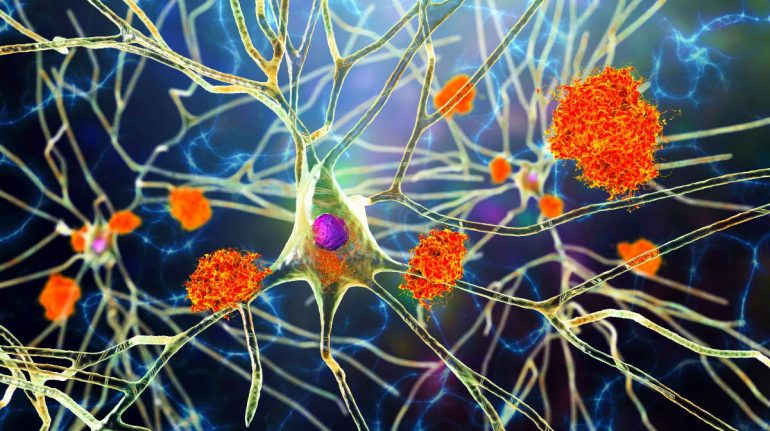
Alzheimer's disease, a progressive neurodegenerative brain disorder which affects memory loss and cognitive function, is a growing concern in the medical community. This issue has garnered attention in recent years due to an increasing number of individuals and families affected globally. As we delve into the complexities of Alzheimer's disease, it seems that the condition extends far beyond memory loss; it also encompasses a wide range of complex cognitive, emotional and physical challenges.
Despite its prevalence, no cure exists for this disease. There hasn’t been much progress in the way of treatments or diagnostic tests either. The only advancement found in medical research which has led to a major development is a blood test that shows a slight accuracy in early detection.

Diagnosing Alzheimer's involves a comprehensive approach, including medical history reviews, physical exams, neurological assessments, cognitive and functional tests, brain imaging, and sometimes genetic testing. Each of these steps helps to rule out other conditions that may mimic dementia symptoms, providing a more accurate diagnosis. Blood tests have become an area of very meticulous research for Alzheimer's detection, due to their potential to offer a non-invasive, cheap, and simple solution. Its primary purpose is to identify specific markers such as tau and beta-amyloid, which are associated proteins that help stabilize the internal skeleton of nerve cells (neurons) in the brain.
Recent Study Findings:
A recent study, published in JAMA Neurology, highlights a groundbreaking blood test called the ALZpath pTau217 assay. This test is now commercially available, demonstrating up to 96% accuracy in identifying elevated levels of beta-amyloid and up to 97% accuracy in identifying tau.
These results were comparable to advanced testing methods like cerebrospinal fluid tests and brain scans.
The study involved 786 participants with an average age of 66, all undergoing brain scans, spinal taps, and blood sample collection. The ALZpath assay showed remarkable accuracy, reducing the need for further costly examinations in 80% of cases being investigated for early signs of dementia. The test will be clinically available soon, with an estimated cost ranging from $200 to $500. The test's affordability, coupled with its accuracy, makes it a promising tool for early Alzheimer's detection, allowing for timely interventions and improved patient attention.
This blood test offers an accurate diagnosis, but it is important to take into account that a negative result does not rule out other causes of cognitive impairment. Additionally, these blood tests need FDA approval before being used to qualify patients for new Alzheimer's treatments.

These advancements in Alzheimer's detection, particularly in blood tests, represent a significant step forward in the quest for early diagnosis and intervention. Overall, the test offers hope for a future where Alzheimer's can be identified in time and managed more effectively, potentially changing the lives of people with this debilitating disease. Continued research and regulatory approval will play a crucial role in realizing the full potential of blood tests in Alzheimer's detection and treatment.
Share This Post On
0 comments
Leave a comment
You need to login to leave a comment. Log-in


